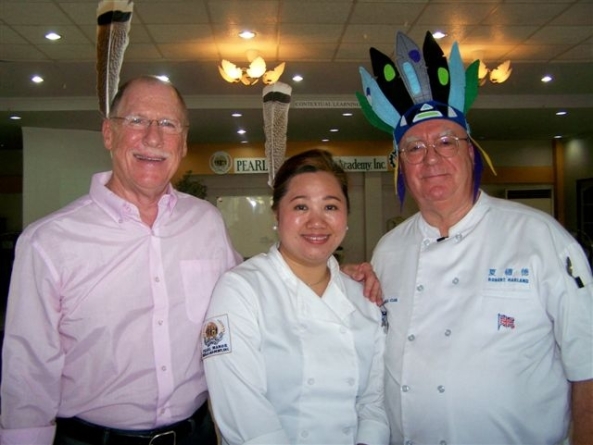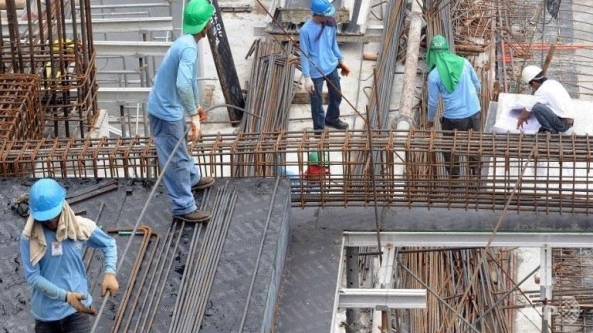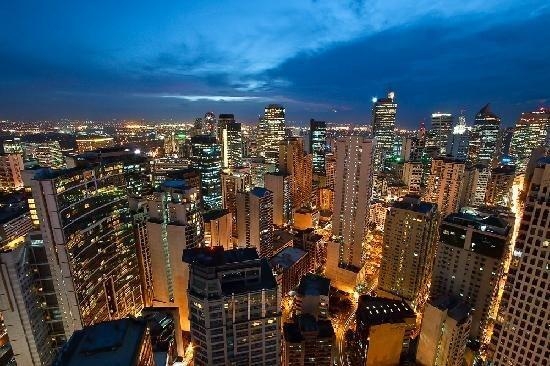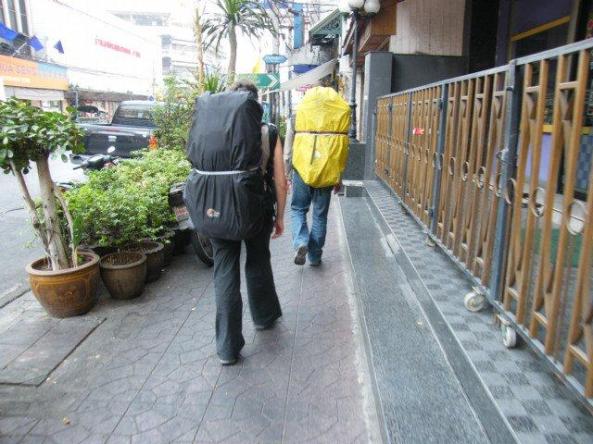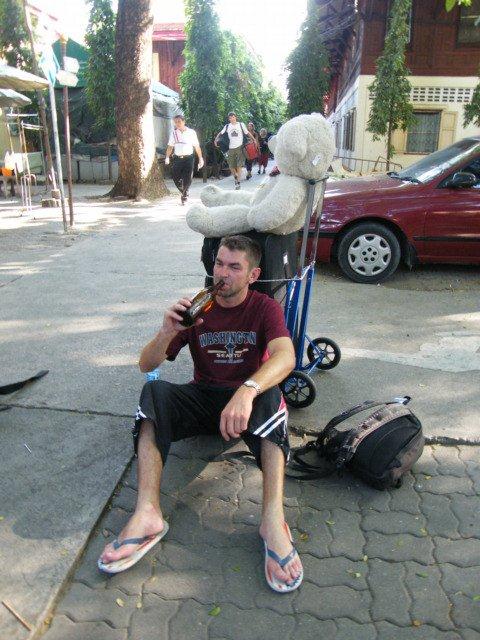On Sunday, November 10, Britons and members of Commonwealth countries around the world marked what is called Remembrance Sunday.
It’s held on the second Sunday in November, which is the Sunday nearest to 11 November, the anniversary of the end of hostilities in the First World War in 1918. It commemorates the contribution of British and Commonwealth military and civilian servicemen and women in the two World Wars and later conflicts.

The poppy, the symbol of Remembrance Sunday
In Britain, Remembrance Sunday is marked by ceremonies at local war memorials in cities, towns and villages, attended by civic dignitaries and ex-servicemen and women.
In London each year at the Cenotaph, Queen Elizabeth, her husband Prince Philip, Prince Charles and other members of the Royal family lay wreaths. They are joined by politicians, military, government officials and Commonwealth representatives.
Two minutes’ silence is held at 11am, before the laying of the wreaths. The silence represents the eleventh hour of the eleventh day of the eleventh month in 1918, when the guns of Europe fell silent.
And in the Philippines, the British and Commonwealth community came together to mark this very special day with a Remembrance Sunday service at the Episcopal (Anglican) Church of the Holy Trinity in Manila officiated by Bishop Arthur Jones, the rector.
Among the congregation were ambassadors from the UK, Australia, Nigeria and Canada as well as military and diplomatic representatives from the US, India, South Africa, New Zealand and Malaysia.
The address was given by British School Chairman, Simon Bewlay, who was honored by Queen Elizabeth last year with an MBE (Member of the British Empire) for services to education in the Philippines.

Queen Elizabeth lays a wreath in memory of those who have made the ultimate sacrifice
It was a moving address and I’d like to share with you a short extract in which he made a profound point as to why most of us have never had to join an army, air force or navy to fight to defend our countries.
Mr Bewlay said: “I have never served in the armed forces, the nearest I got was being in the army cadets at school, hoping that being in the cadets would make an easy transition into national service (obligatory conscription into the military). As it happened national service was discontinued before I graduated. I never served.
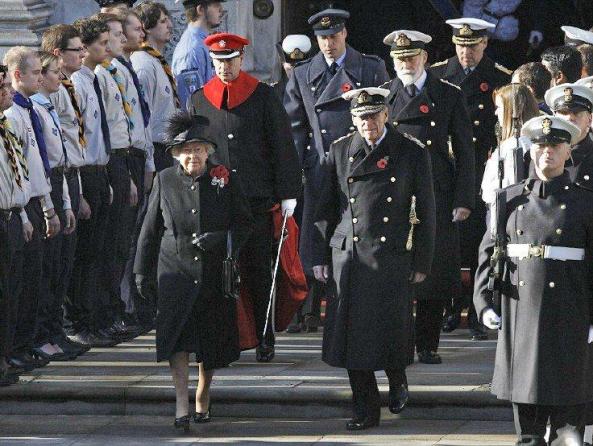
The Royal family pays tribute
My father did, he was a pilot in Bomber Command shot down on 7th November 1939 over Germany a week before his 27th birthday and just 12 weeks after his marriage to my mother. He was the first victim of German fighter ace Joachim Munchberg, who went on to claim another 134 allied planes before he died at age 24 after his final aerial combat over north Africa.
My father and his crew, however, survived. They were all taken prisoner, were POWs in Poland and Germany and my father came home nearly 6 years after being shot down
But I never served.
Then I realized, the reason that I, and perhaps many of you at this remembrance service have not served in the armed forces, is because of the sacrifice of those men and women who did, the men and women who died serving their country so that we may live in freedom, those who made the supreme sacrifice, defending the great democracies of the world.

Prince William lays a wreath at Cenotaph in London
I can make this address, with humility, because the very fact that I have not been called up to defend my country, is testament that our fallen heroes did not die in vain. We can remember not only with pride but also with profound gratitude, their service and the benefits they bestowed on their children and their grandchildren and succeeding generations.”
